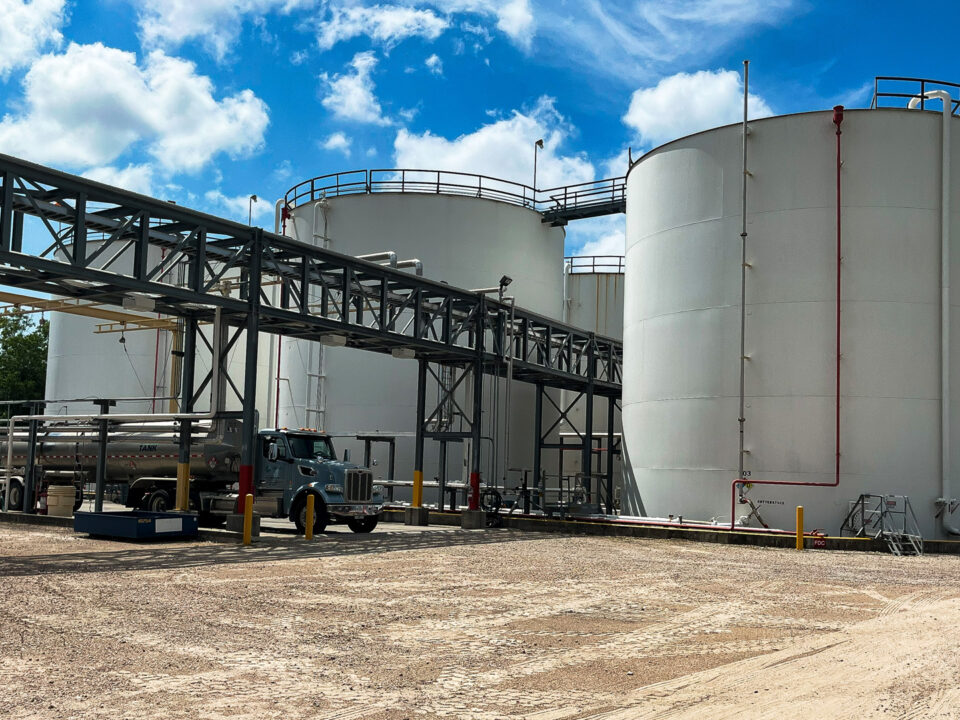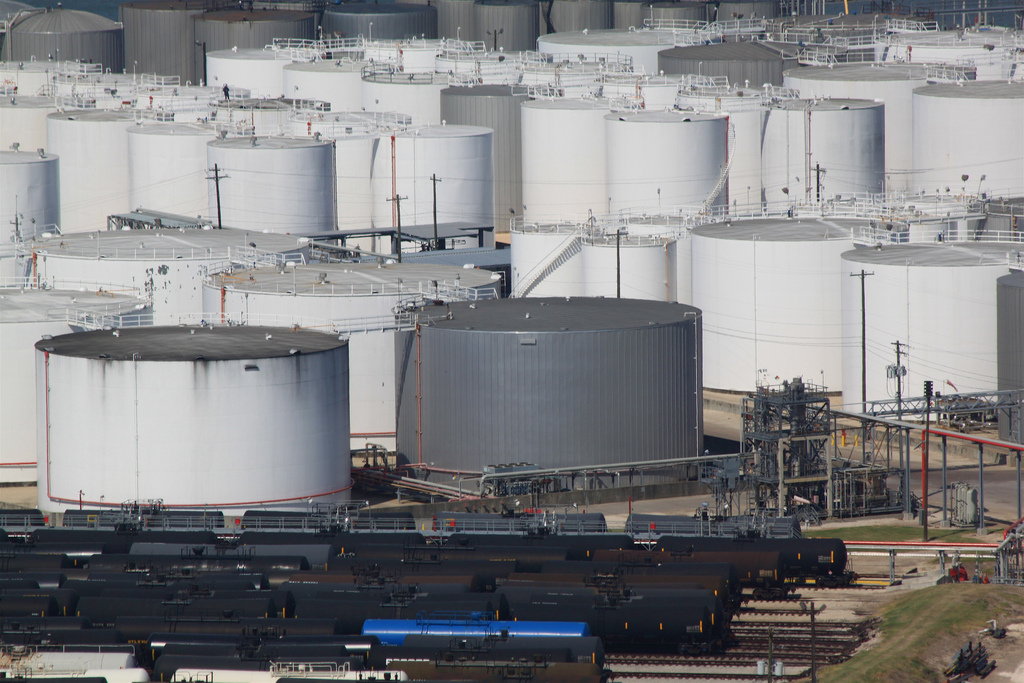Our industry is in constant evolution. We encourage everyone who works with us to learn more, stay up to date with new technology and practices, and pursue new abilities and knowledge while building on the insights and experience they have already gained. As such, we offer a diverse range of training courses that ensure our employees have the opportunity to expand their horizons.
Sustainability
Incorporating sustainability into our business culture extends well beyond policies and processes. It's about raising awareness of issues ranging from human rights to the environment and encouraging more and more individuals both inside and outside of SEARIVER MARITIME LLC to take part in and own sustainability improvement projects. We think that even the smallest projects may be catalysts for change and that even minor adjustments can have a significant impact. As the connected partner for sustainable storage solutions, we will keep having a positive influence by interacting with our coworkers and collaborating with outside business partners.
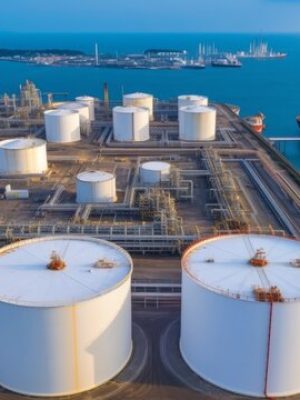
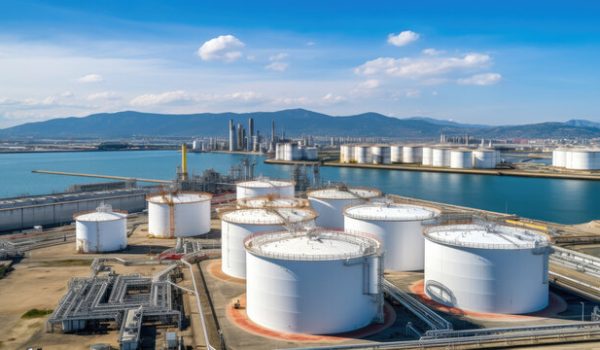
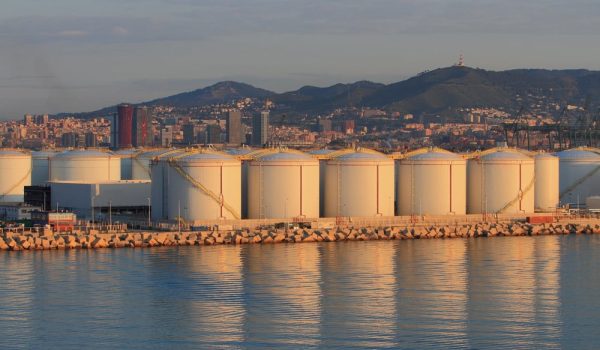
Employee sustainability
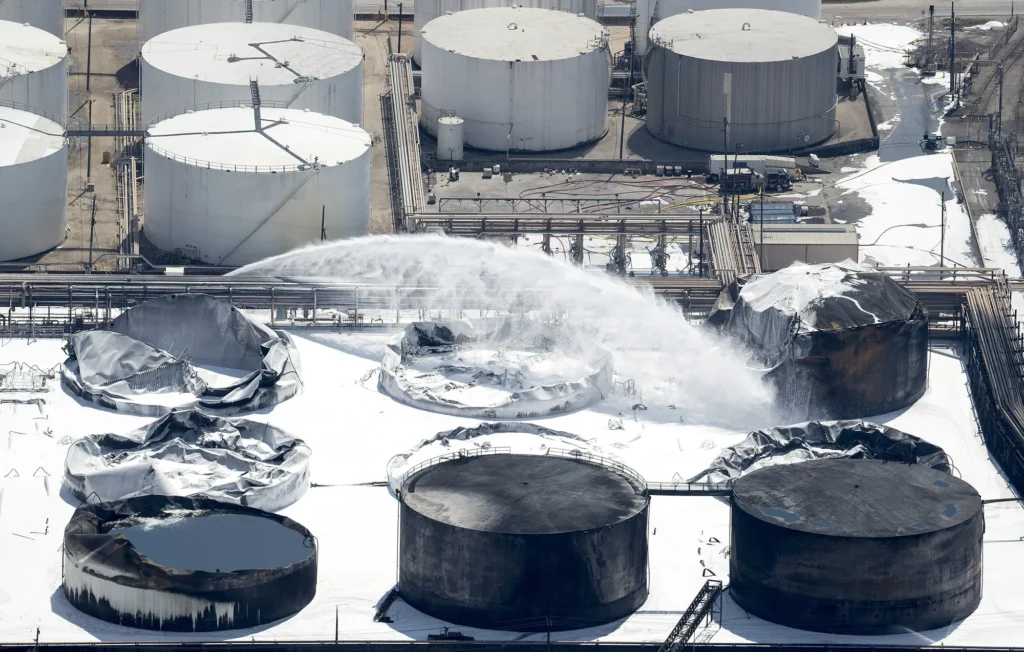
Reporting on progress
Our culture is firmly rooted in sustainability, which is taken into account in all we do. Our sustainable and ethical company practices, present performance, past achievements, and future goals are all reflected in our sustainability reports. To demonstrate our dedication to ethical business management, we have set the 13 objectives listed below.
We recognize that the CO2 emissions from our activities have an impact on climate and biodiversity. Our goal is to be CO2-neutral by 2030 for scope 1 and 2 emissions and by 2040 for scope 3 emissions. Our strategy is based on a multi-tiered approach: avoid, reduce, replace, and compensate.
Certain items in our inventory are categorized as volatile organic compounds (VOCs), which can be harmful to both humans and the environment since they readily evaporate at room temperature. Emissions from loading and cleaning tanks, as well as breathing losses from regular operations and venting, are sources of volatile organic compounds (VOCs). We acknowledge that the quantity of volatile organic compounds (VOCs) emitted varies because it is highly influenced by the kinds of products we store, the frequency of tank cleanings and roof landings, the ambient temperature, and other factors. By enhancing operational effectiveness and putting best practice engineering standards into practice, we hope to cut VOC emissions as much as is practically possible.
We consider the preservation of biodiversity a crucial element in enabling the world to meet the Sustainable Development Goals, to help mitigate and remove greenhouse gas emissions, to adapt to climate change risks, and to maintain ecosystem services. Our goal is to contribute to preserve biodiversity by reducing CO2 emissions and by supporting nature-based solutions. Nature-based solutions to climate change involve conserving, restoring, or optimally managing ecosystems to remove CO2 from the atmosphere. Ecosystems reduce climate change by capturing CO2 from the air and sequestering it in plants, soils, and sediments. They also help protect communities from the effects of climate change. We expect that for all our terminals, a biodiversity and water stress risk assessment as well as an action plan is in place. This includes our support to a local biodiversity or nature conservation project.
We strive to source materials responsibly, reduce water consumption and minimize waste. Next to the energy efficiency plans in place, we expect to conduct water efficiency and waste studies for all terminals in 2024. Our goal for 2030 is to not have any LBC-generated waste sent to landfills.
As the custodian of our customers’ products, we have a responsibility to protect the environment and the welfare of our neighbors and the communities in which we operate. To this end, we have controls in place to prevent unintended releases of product, and environmental standards which are founded on the precautionary approach, focusing on prevention rather than remediation. Our goal is to have no unintended releases of product to the environment.
We recognize that our suppliers play a key role in our sustainability strategy. Our expectations are documented in our Supplier Code of Conduct. Our goal is to have all strategic suppliers assessed by end 2024, and to have processes in place to monitor their performance and to work with them to further improve sustainability in our supply chain.
Our vision to be meaningful and relevant for our stakeholders includes supporting the communities in which we operate. We aim to create more awareness around our responsibility as a good corporate citizen to support, among others, local risk groups, non-profit organizations and initiatives, and sustainable philanthropy programs. We actively promote sustainable conduct, both internal and external. We advocate our sustainability vision via participating in the UN Global Compact and industry associations with the aim to share best practices and collaborate on issues that are important for the industries in which we operate. Our goal is to participate in industry associations more actively and to increase participation of our workforce in external community engagement and biodiversity programs.
We believe that all incidents are preventable. We have processes in place to protect ourselves, our colleagues, contractors, neighbors, and visitors against any harm. We also have employee wellbeing programs in place at all terminals. Our goal is to have zero recordable incidents and zero tier 1 and 2 process safety events.
Respecting human rights is an integral part of our responsible business practices. We respect human rights and ensure that our employment conditions are consistent with international norms of behavior and the United Nations Declaration of Human Rights. We strive to enhance the lives of all our employees and contribute to their personal growth as well as a sustainable future. We work in accordance with the International Labour Organization’s Declaration on Fundamental Principles and Rights at Work. Our goal is to extend the human rights agenda in our supply chain by engaging with our key suppliers on this topic.
Respecting human rights is an integral part of our responsible business practices. We respect human rights and ensure that our employment conditions are consistent with international norms of behavior and the United Nations Declaration of Human Rights. We strive to enhance the lives of all our employees and contribute to their personal growth as well as a sustainable future. We work in accordance with the International Labour Organization’s Declaration on Fundamental Principles and Rights at Work. Our goal is to extend the human rights agenda in our supply chain by engaging with our key suppliers on this topic.
United Nations Sustainable Development Goals
The United Nations Sustainable Development Goals (UN SDGs) are global baselines in different areas of sustainability. Specifically SDG 8, 9, 12, and 16 are areas that relate to SEARIVER MARITIME LLC’s operations. The most prominent of these is SDG 12 (responsible consumption and production). By focusing on sustainable consumption and production principles, we have brought improvement to the fields of process, assets, technological applications and innovation, including cost savings. We see this as an opportunity for us to connect with our business partners and jointly develop improvement solutions in the chemical industry as well as the ports we operate in.
